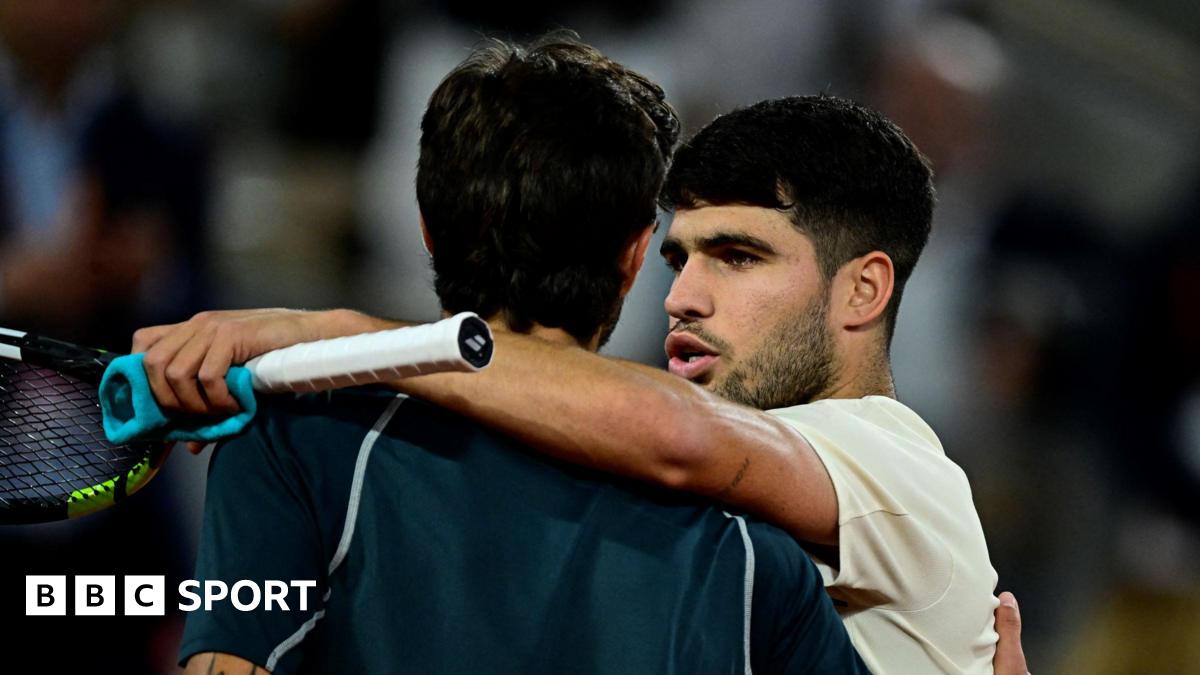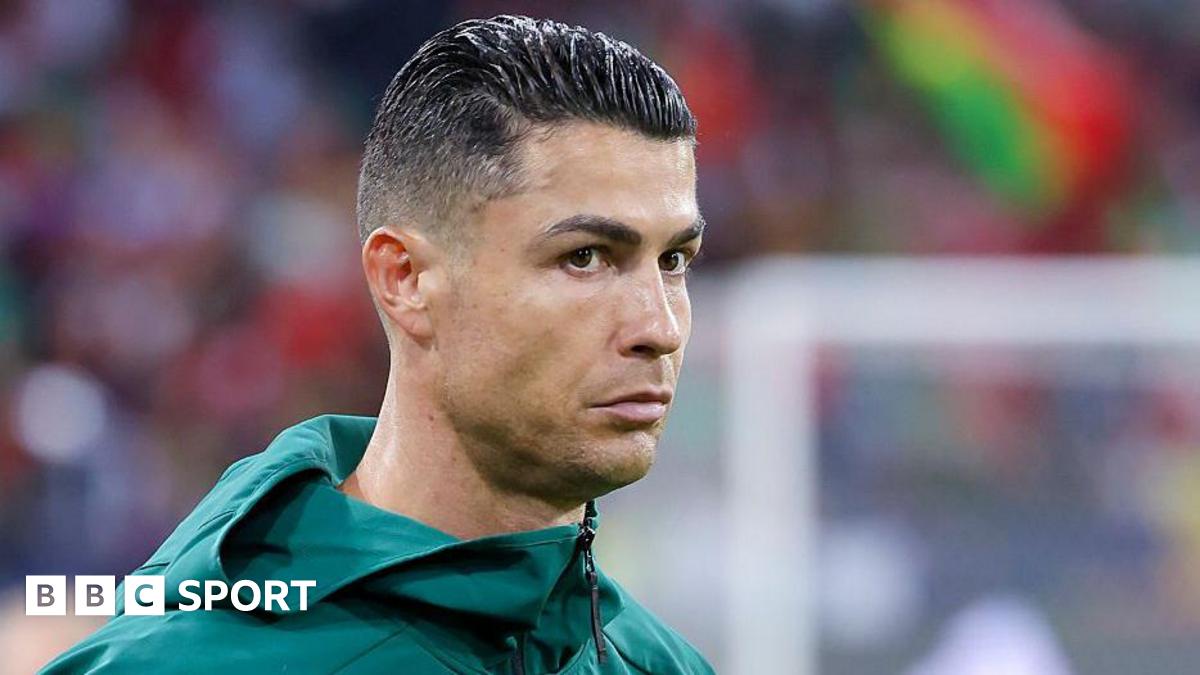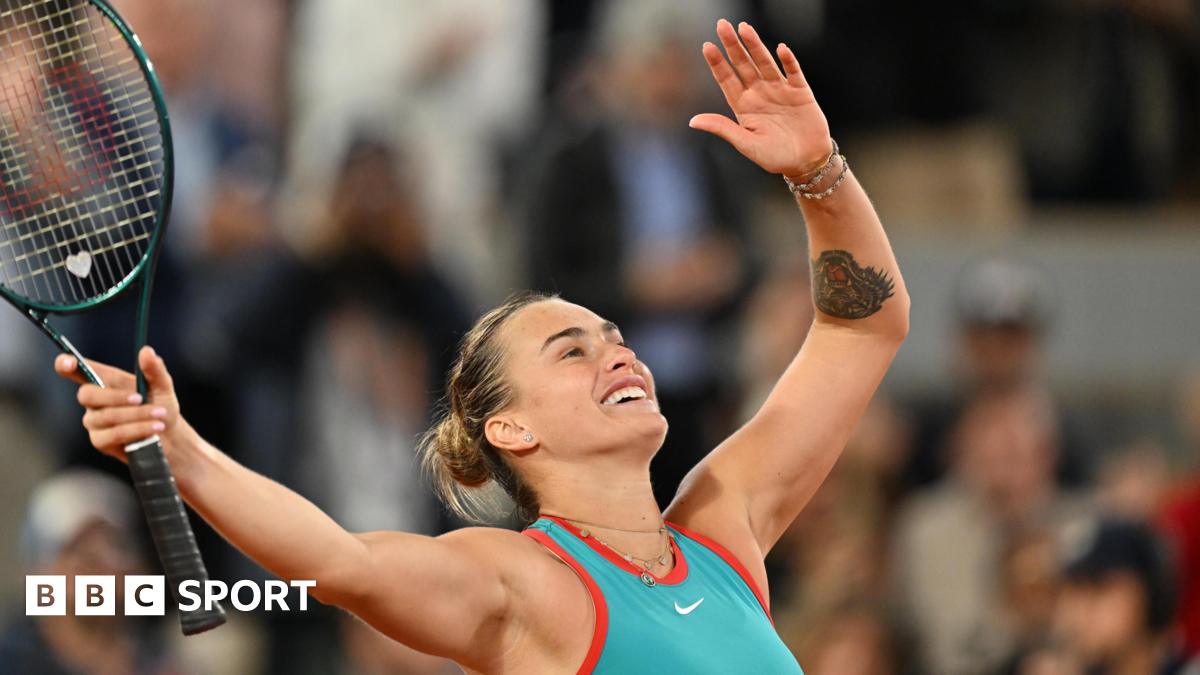Simon Cambers
Jun 3, 2025, 01:26 PM ET
PARIS -- For all their dominance over the past few years, Aryna Sabalenka and Iga Swiatek have never played in a Grand Slam final -- and this trend will continue since they face off in the semifinals at the French Open on Thursday.
The two have played 12 times, with Swiatek leading 8-4 overall and 5-1 on clay. But Sabalenka won their most recent meeting and has been in slightly better form this spring, winning Madrid and reaching the final in Stuttgart.
Four-time French Open champion Swiatek, by comparison, made the semis in Madrid but lost early in Stuttgart and Rome. She dropped out of the top four in the process, which explains why the two can meet before the final.
Here's how each woman can win the semifinal.
Why Sabalenka will beat Swiatek
For a start, she's the world No 1. Sabalenka has reached the semis without dropping a set and only Zheng Qinwen in the quarters has taken her to a tiebreak. That win over Zheng was a huge boost after the Olympic champion beat her in Rome last month. With Swiatek not at her devastating best so far this year, Sabalenka will probably go into the match as favorite.
The Sabalenka serve, once a weakness, is now a huge strength. The Belarusian has thundered down 25 aces in her five matches so far and will ask a lot of the Swiatek return. On her own returns, Sabalenka stands so close to the baseline, often inside it, that she will put enormous pressure on a Swiatek serve that has been a work in progress this year and remains fragile, especially on the ad court.
Furthermore, Sabalenka is absolutely desperate to add the Roland Garros crown to her two Australian Open and one US Open titles. After looking slightly off in her first match, she showed typical determination and quality to get the better of Zheng, and that motivation will spur her on to make the final.
Why Swiatek will beat Sabalenka
Her record, for a start. Swiatek's numbers at Roland Garros are ridiculous. She's now 40-2 here; only Rafael Nadal, reached 40 wins faster, needing one match fewer to do it. Swiatek has won four times here and has now gone unbeaten in 26 matches in the tournament, second only to Chris Evert who won 29 straight between 1979 and 1981. If Swiatek goes on to win the title, she would be the first woman ever to win the title four years in a row.
This has not been a great year for Swiatek by her own exacting standards, but she was still one point from reaching the Australian Open final. And on clay, she is still the best player in the world. Her victory over Elena Rybakina in the fourth round and particularly the manner in which she did it, coming from 6-1, 2-0 down, could prove to be a turning point for her this year. Though it hasn't been her best year, no one knows better than her how to produce her best tennis on this surface when required.
Her 5-1 head-to-head record over Sabalenka will also help her settle and she has the luxury of knowing that if she plays her best, she will almost certainly win.
Who will win?
This match has a similar feel as those years when Nadal was battling for top form coming into Paris but invariably found it in time to win again (although Djokovic got the better of him a few times as well). If Swiatek plays her best, she wins. Sabalenka has not been flawless on clay, either, and the way Swiatek adjusted her return position against Elena Rybakina suggests she is rediscovering her ability to problem-solve. This is clay, Swiatek's domain, and she can win a tight match.

















































